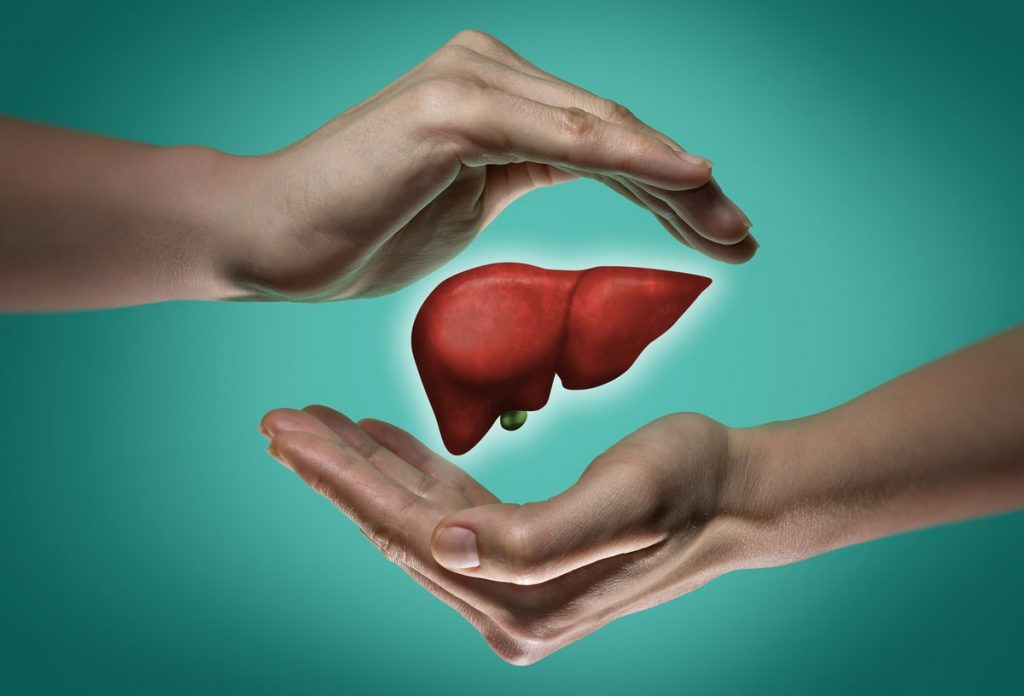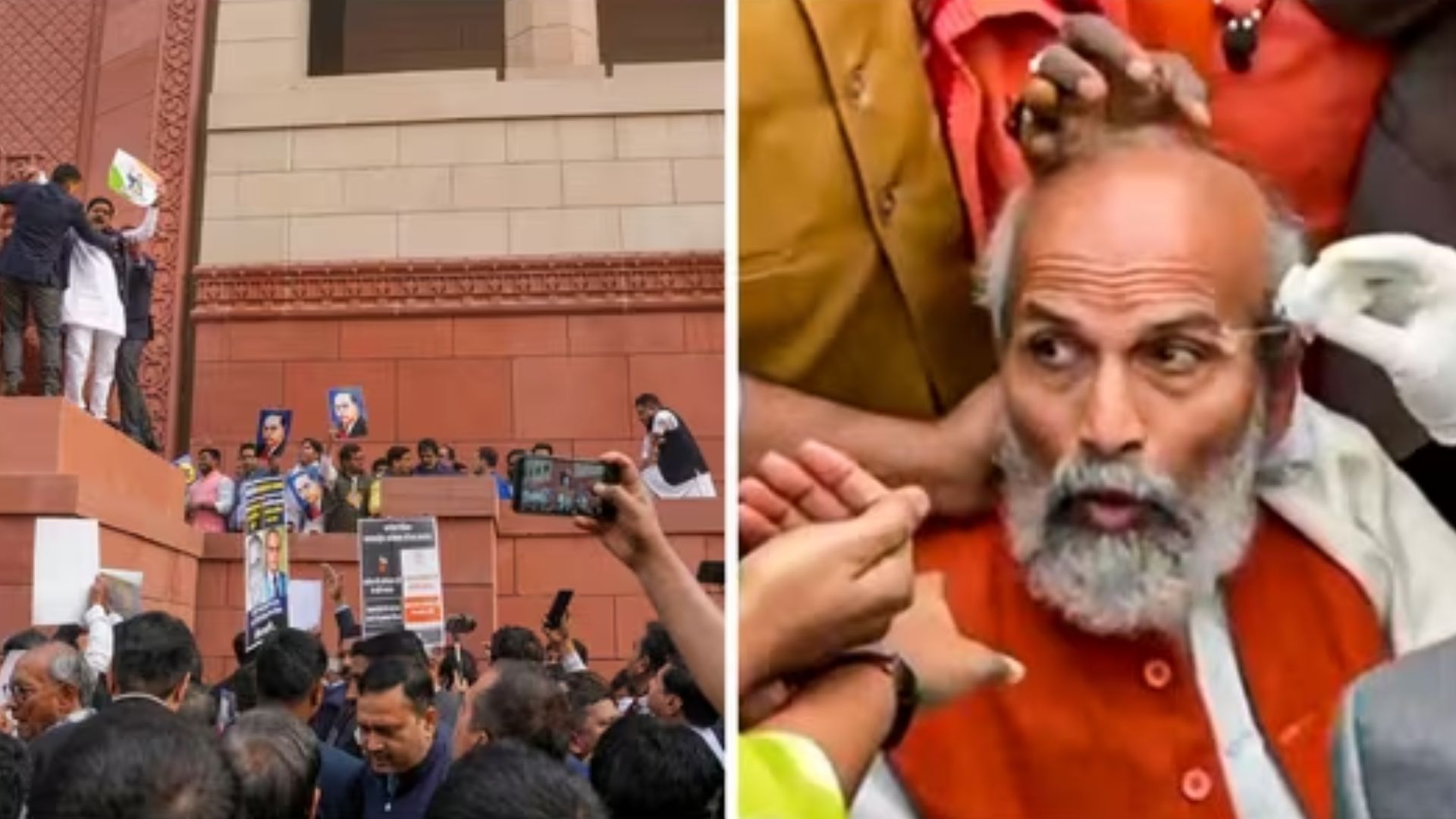
Agriculture, the cradle of human civilization, stands as the bedrock of our existence. With over 2.5 billion people globally depending on it for livelihood, contributing nearly 30 percent to the GDP, and employing over 60 percent in the Global South, its significance is undeniable. India, with its innovative fusion of ‘back to basics’ and ‘march to the future,’ spearheads a holistic approach to farming by championing both natural farming and technology-enabled agriculture. Concurrently, Indian farmers leverage technology, harnessing solar power, adopting soil health cards for crop optimisation, and employing drones for nutrient spraying and crop monitoring. This harmonious ‘fusion approach’ emerges as a panacea for addressing multifaceted challenges in agriculture.
In a groundbreaking initiative, India is seamlessly integrating cutting-edge technology with traditional agricultural practices, charting a course towards a more sustainable and resilient future. This innovative fusion aims to harness the benefits of technological advancements while preserving the essence of age-old farming wisdom. Precision farming techniques, coupled with smart agriculture practices, are at the forefront of this transformative journey. Farmers are leveraging data-driven insights, sensors, and automation to optimise resource utilisation, monitor crop health, and streamline cultivation processes. This not only boosts yields but also minimises environmental impact through precise resource application.
Digital technologies are becoming integral to the agricultural value system, empowering farmers with knowledge. The government, through various Digital Initiatives like the National e-Governance Plan in Agriculture (NeGP-A), channels funds to states and union territories for projects involving modern technologies such as Artificial Intelligence (AI), Machine Learning (ML), Robotics, Drones, Data Analytics, and Blockchain. The development of Digital Public Infrastructure (DPI) for agriculture further underlines the commitment to providing inclusive, farmer-centric solutions.
Digital technologies continue to revolutionise the agricultural landscape, with initiatives like the National Agriculture Market (e-NAM), PM-KISAN Scheme, Agriculture Infrastructure Fund (AIF), and National Mission on Sustainable Agriculture (NMSA) facilitating a transformative shift. Digital platforms and mobile applications are playing a pivotal role in connecting farmers with crucial information, markets, and financial resources. From weather forecasts to market prices, farmers now have real-time access to vital data, empowering them to make informed decisions. This digitization of the agri-ecosystem fosters transparency and efficiency across the entire supply chain.
The Government of India has taken various steps to provide access to technology and information to farmers across the country to address farmer-centric solutions through various digital initiatives. The government is putting in place digital public infrastructure for agriculture as an open source, open standard, and interoperable public good. In this regard, the architecture of three core registries, i.e., the farmer registry, the georeferencing of village maps, and the crop sown registry, has been finalized. Further, the government has taken initiatives to establish Agri Data Exchange, Consent Manager, Sand Box, and a Unified Farmer Service Interface (UFSI) to develop various farmer-centric solutions by the government as well as private sector entities.
Under the PM KISAN scheme, funds are transferred into the bank accounts of eligible farmers through Direct Benefit Transfer (DBT). Farmers can do their self-registration through the Farmers Corner in the portal. PM-KISAN Mobile App was launched to broaden the reach of the scheme where farmers can view beneficiary status, update, or carry out corrections of name based on their Aadhaar card.
Several new technological initiatives have been taken under the Pradhan Mantri Fasal Bima Yojana, such as the Yield Estimation System based on Technology (YES-Tech), Weather Information Network Data Systems (WINDS), and the door-to-door enrollment app AIDE, or Sahayak. YES-TECH, a technology-driven yield estimation system, offers methodologies, best practices, and integration insights for accurate yield assessments at the Gramme Panchayat level.
The National Agriculture Market (e-NAM) is a pan-India electronic trading portal that networks the existing Agricultural Produce Market Committee (APMC) mandis to create a unified national market for agricultural commodities. Digital services are provided to traders, farmers, Farmers Producer Organisations (FPOs), and Mandis through various modules of the e-NAM platform, such as the FPOs trading module and the warehouse-based trading module.
The Agriculture Infrastructure Fund (AIF) was launched to mobilise medium- to long-term debt finances, facilitate investment in viable projects for post-harvest management infrastructure, and provide community farming assets through incentives and financial support to improve agriculture infrastructure in the country. Financial assistance is provided digitally in the form of interest subsidies and credit guarantees for setting up post-harvest management infrastructure to beneficiaries such as farmers, Primary Agricultural Credit Societies (PACS), FPOs, Self-Help Groups (SHG), state agencies, or APMCs.
The National Mission on Horticulture promotes the holistic development of the horticulture sector (including bamboo and coconut). The HORTNET project is a web-enabled workflow-based system for providing financial assistance under MIDH.
To create awareness about the use of Kisan drones, the government, under the Sub-Mission on Agricultural Mechanisation (SMAM), is providing financial assistance for their purchase and demonstration on the farmers’ fields. To promote technology in the rural development and agriculture sectors, the government has approved 15 thousand drones for women through self-help groups.
The rise of digital platforms and e-commerce has ushered in a new era for millet products, enabling direct-to-consumer models. Online platforms are now being harnessed by FPOs to directly sell millets to consumers, cutting out intermediaries and ensuring equitable returns for farmers. A distinctive addition to this landscape is the Millets Giveaway campaign.
This initiative encourages consumers to make direct purchases from FPOs, bolstering small and marginal farmers while advocating for the widespread adoption of millets. Buyers not only receive authentic produce but also contribute to the livelihoods of these farmers. The campaign showcases the user-friendly ONDC’s My Store platform, making the process seamless. With millets taking centre stage in #IYM2023, the campaign serves as a catalyst for embracing Shree Anna (millets), aligning with a sustainable future that underscores the significance of millets in both nourishing individuals and nurturing the earth.
While embracing technological advancements, India remains committed to preserving natural farming practices. The integration of organic and sustainable farming methods with modern technology ensures harmonious coexistence. This balanced approach not only enhances soil health but also promotes biodiversity and reduces the ecological footprint of agriculture.
As India navigates the evolving landscape of agriculture, this fusion of technology and traditional wisdom is proving to be a catalyst for sustainable development. The amalgamation of innovation and heritage ensures that farmers are equipped to tackle challenges while contributing to the global goal of food security and environmental sustainability. In this era of agricultural transformation, India stands as a beacon, showcasing how the judicious fusion of technology and agriculture can pave the way for a resilient, prosperous, and sustainable tomorrow.
Dr. Kirit P. Solanki, Member of Parliament, Lok Sabha Ahmedabad West, Chairman, Parliamentary SC/ST Committee, Member Speaker Panel, Lok Sabha
Sumit Kaushik, a PhD candidate at O.P. Jindal Global University and a social impact consultant















